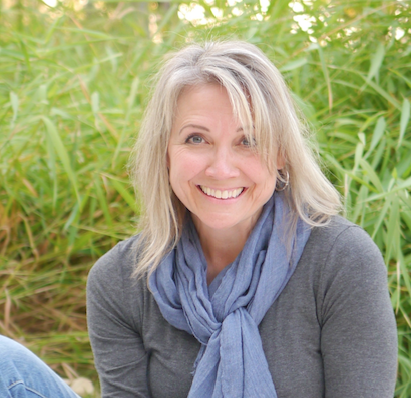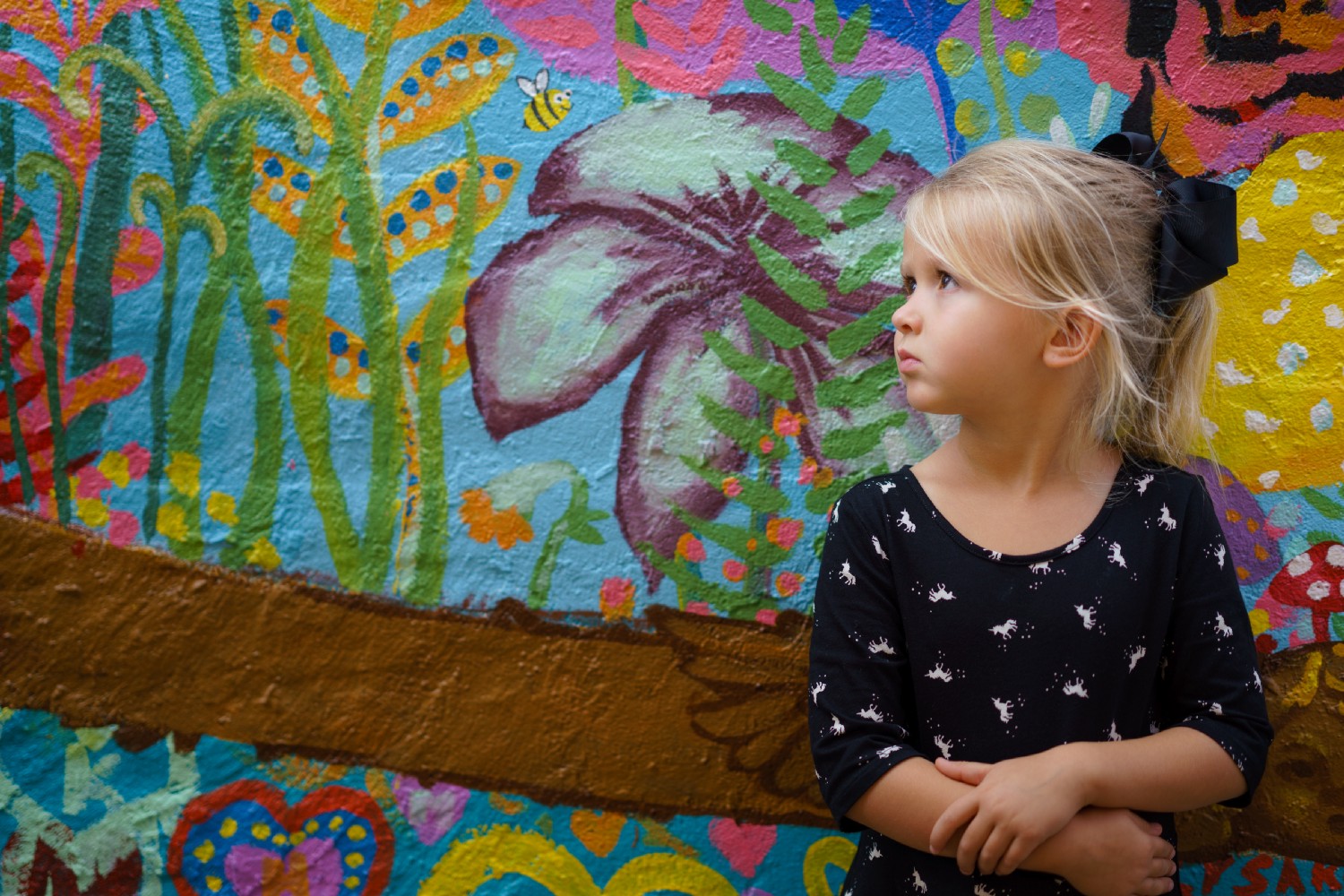This article has crept forward from the back corner of a once young girl’s heart too late.
Wish #1: I wish I had had the courage to talk these things over with my dad when I could.
My dad, the first man I loved and the one who probably affected my ideas about love more than any other, is three years gone.
And I miss him…but I don’t.
Then I do.
Then I don’t.
Then I do.
What I Can’t Remember
My earliest impression of my dad isn’t mine. It’s from a story my mom told me as an adult…about him throwing a dish of food I wouldn’t eat into the sink and leaving the room fuming. I was apparently in a high chair then.
I also can’t remember a time when I wasn’t afraid of my dad’s temper.
Maybe it’s more accurate to say I can’t remember when I wasn’t afraid of the changing of my dad’s temper, because oh, how I loved him when he was his teasing, funny, kindly, wise, interested self…and how I feared the other.
Over time, our father-daughter relationship became a rickety, fearful obsession on my part to predict my dad’s weather, chase his sunshine, and flee his storms.
What I Know: Now and Then
I know my dad loved me.
This wasn’t because he said so more than a handful of times, and it wasn’t because we had an easy time together.
I knew because he worked hard at uninspiring jobs to make sure there was grocery money, clothing for the weather, camping trips in the summer, and toys at holiday time and birthdays. Even as a kid, I knew he was smarter than the work he chose to do out of duty. Options didn’t come easily for a family man with limited formal education.
In place of meaningful employment, my dad kept a tidy yard, a modest vegetable garden, a spotless vehicle, and a well-used library card. This is how he loved us — by making a respectable home, even with limited resources.
I knew my dad loved me because he received my childish hugs and kisses on the cheek with shy wonderment. By the time I was a teen, I knew that overt affection, except with happy babies, wasn’t his way.
I knew my dad loved me because he took me places.
The first concrete memory of my dad was walking down the stairs to the lower floor of our small mining-town library into the cool, rich scent of ink, binding glue, and old books. We stayed long, and he let me pick out as many books as I could carry.
Being mutual book-lovers was, at times, the only language that worked for us…not that we talked about them — just that we loved what they could do: take us away.
What Fathers Should Know Best
I don’t know your father and I can’t pretend to represent any daughter but me.
I’ve heard enough stories from friends across the decades, though, to know that dad-and-daughter relationships press firmly on minds and souls. They leave deep records of light and dark, sweet and harsh. Those imprints are formative. The gouges take a lot of effort to understand and to fill. A lot.
I’d like to assume that the harshness and the darkness is, in good measure, ignorance — just too much mistaken masculinity or poorly executed patriarchy or cultural crap about what makes a man a man.
Humankind needs good men parenting, good men loving, good men guiding.
So, with my world sisters in mind, I presume to write to all dads everywhere.
My hope is that men who contribute to bringing girls into the world will give serious attention to what they say and what they do in the presence of all their children…and may be a bit extra mindful of their impact on their daughters.
Dear Dad(s): Don’t
Don’t incite fear. Inviting respect is so much better. Earning respect is best.
Don’t inflict pain, physical or emotional. Don’t use your strength to cause harm or your words to deliver wounds.
Don’t underestimate the importance of your presence. Be home. Be present. Be with.
Don’t rage. Don’t bully. Don’t give away your temper to frustration or any other emotion.
Don’t assume you know how to parent. Every child is a new story, a unique personality. Every day brings its challenges. Keep learning better ways.
Don’t give away your consciousness to alcohol, drugs, pornography, hate or achievement. Children need your mind available to protect, cheer, teach, and discern what’s help and what’s harm.
Don’t assume you won’t default to parenting you know was unjust or harmful when you were a kid. Don’t do what already hurt you.
Don’t denigrate women in general and a mother in particular. A child will feel safe when he/she knows Mom is safe. A child will feel valued when he/she knows Mom is valued.
Don’t ignore promptings. Don’t send your conscience away when it’s trying to help you feel another person’s — particularly another younger person’s — humanity.
Don’t be afraid to be Vulnerable Man. Kids don’t actually need Super Dad or Superman. They need you — your whole honest self, working through the stuff we all have and don’t want to pass on.
Don’t give up. Don’t walk away. Don’t believe you are not worthy of your children…or that they aren’t worthy of you.
Don’t underestimate your power to influence everything in a kid’s life, for good or bad. You have the power. Use it well.
NOTE: These are NOT a collection of any one dad’s problems that I know or knew, but a cumulative list from years of heart-to-heart conversations with friends and strangers…all daughters, too. The list works for moms, too…and I’m one of those.
Danger for Daughters
Theories about the effects of dysfunctional father-daughter relationships abound.
Firsthand, I can tell you that the want for a warm, reliable connection with a good man will send a daughter searching, consciously or unconsciously, for someone who fills the empty places in her growing up.
This may be healthy, or not.
Women whose father-daughter relationships were rocky may attempt to appease the men who come into their lives, sometimes at great personal cost and loss — of self-respect, of security, of personal safety.
Girls in volatile male role model relationships will have a hard time anchoring to their own moorings as an individual. The persistent feeling that they never met their dad’s expectations and are inherently deficient may plague their life choices like a perpetual, emotional need for food to one who was once starving…even if they’re now full.
Love from Dad is a hunger that never quite goes away.
Healing Help
Fathers are people, too. And just like “people” in general, they need places and people to go to for help.
More, perhaps, than ever, experts and advocacy groups are addressing mental health challenges in accessible, reasonable, dignified ways. Human development issues, particularly those that have typically been quiet, private sinkholes, are being addressed in print, online, and in community-based support groups. Information and options are out there.
The persistent wall for too many of us, parents and children, is shame.
We feel ashamed for having problems.
We feel weak for needing help.
We feel skeptical that others struggle the way we do.
We don’t want negative consequences that may come from seeking help.
Perhaps more devastating than any of these is a resolution by anyone that “it’s just the way it is.” In many cultures, we tend to play along that dads are known for their physicality and their intimidating emotions. Plenty of parents, including dads, justify their parenting by the way they were parented. “This is what I know.”
Then there is the colossal catch 22 about expectations: Dads, like moms, operate in a world that expects a ton without giving much allowance for needs, weaknesses, flaws…including the need for parenting education.
As a reflecting daughter and gradually more independent woman, I also see this:
Men are increasingly denigrated for gender generalizations: they are deemed power-grabbing, self-oriented, domineering, unfeeling, unaware, and less and less useful…a dark and infected underbelly to sleek feminism.
With a starting-gate public persona like that, validation, dignity and self-worth for men are quiet losers.
I wish my dad had more help to see that gentleness and kindness, humility and teachability are as desirable traits in men as “hard-working,” “strong,” and “capable.”
Bringing It Home
In my wishfulness, the ideal scenario would be reconciliation between a daughter and her father: wholehearted humility on the dad’s part to mend the breaks and fill the holes alongside the joint construction of trust over time as bridges from what ought to have been (and can be) are built.
Even with my dad gone, though, it’s not too late to experience a relationship re-do of sorts.
With maturity and experience, I’m able to look back and see forces that worked on my dad’s psyche and behaviour that, as a child, I didn’t recognize or understand.
Without excusing the emotional hardship or physical harshness, I can see it, examine my responses to it, AND NOT PERPETUATE IT.
As for the troubles that were sown in the trusting, fertile field of my childhood personality….
That is business I have to take care of. No man, or woman, can solve it for me.
Tip to men who live alongside women doing this heart-breaking inner work: Don’t discount “Daddy issues.” Don’t. Be a resting place. Be love.
Significantly, I and many of my world sisters will continue to wrestle with shame, social anxiety, power problems, and spaces that seem unfillable…not unlike our fathers did.
Blame, the ultimate dead-end game, makes nothing better.
Learning and understanding do.
Thank God for the resilience of the human spirit — for daughters, and for dads.
Originally published at medium.com


